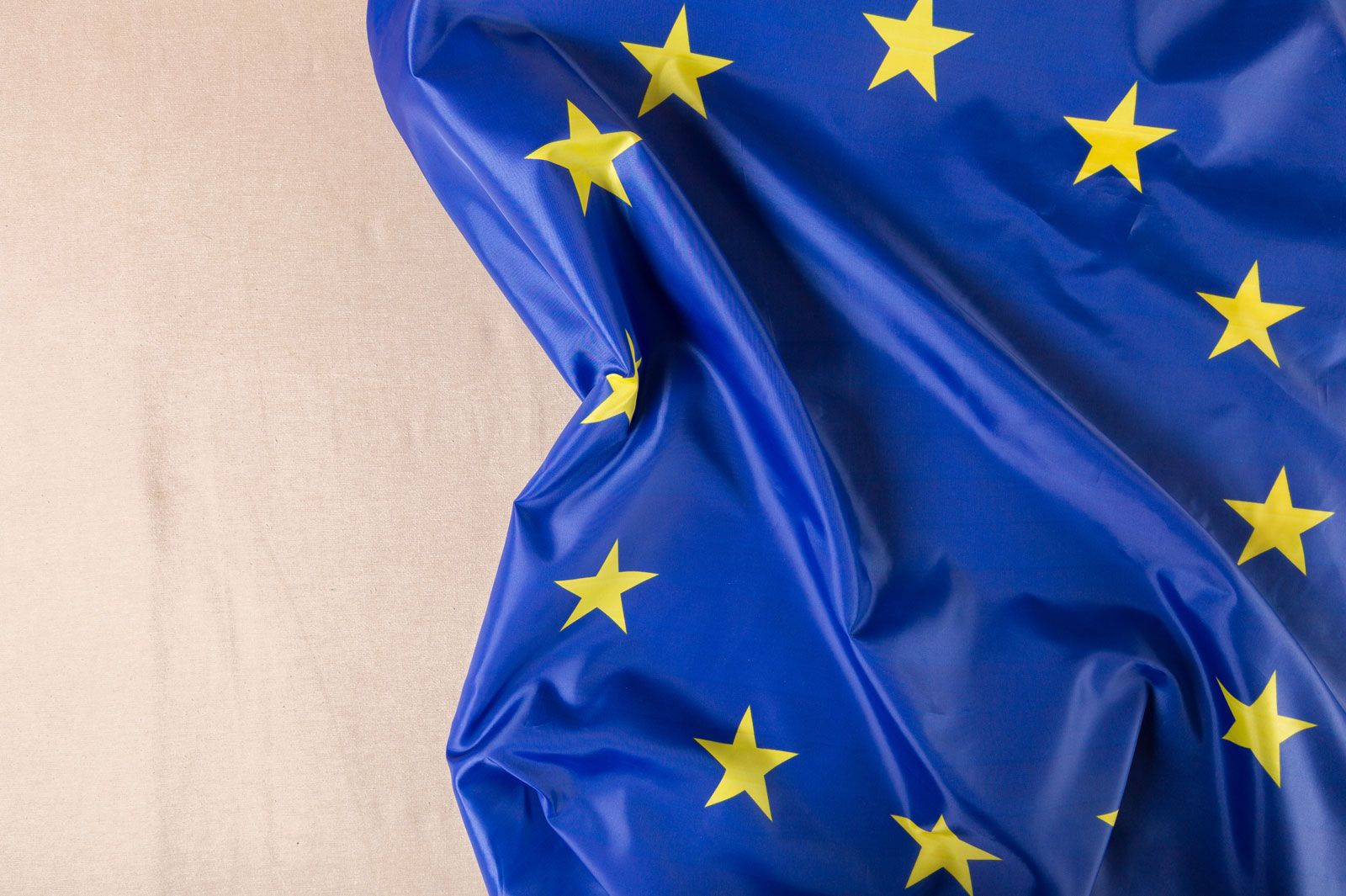
Damien O'Reilly
EU Affairs and Communication Manager, ICOS
Letter from Brussels - July 2023

And in the run up to next year, no doubt there will be the usual lazy media commentary questioning what MEPs do, and the size of their salaries. If you have been following the contentious debate around the EU Commission’s Nature Restoration Law, you will know exactly the significance of the role of MEPs in shaping important legislation. In simple terms, the EU Commission proposes laws and regulations and MEPs make amendments before the final trialogue sign off involving heads of government.
From a farming perspective, you could say that every chore done on the farm from dawn until dusk is wrapped in some form EU legislation with MEPs’ fingerprints. So, do not underestimate the value of your vote in next year’s elections particularly if you are involved in the agri-food sector, for there are reams of important legislation coming down the tracks intertwining food production with environmental protection. The MEPs we elect across Europe will be at the heart of that critical decision-making running towards 2030. The political make up of that parliament too will sway thinking, which will affect positively or negatively against landowners.
The Irish turnout for the last European election in 2019 was just below 50 per cent indicating a disinterest among the public in these elections. However, a survey just published by Eurobarometer asking citizens about their awareness of the elections and the EU, in general, makes interesting reading. Of the Irish citizens surveyed, 64 per cent said they have a totally positive image of the European Parliament compared to just 37 per cent across all of the EU. Interestingly, when asked how interested they were in next year’s election, 56 per cent of Irish respondents said they were interested compared to 66 per cent across the EU.
Fine Gael’s Sean Kelly is Irelands longest-serving MEP and the only incumbent with more than two terms. He intends to run again next year. To get into positions of influence on committees in the European Parliament, experience is paramount. There is little point in complaining about EU legislation and its impact on our daily lives if we are not thinking about who we send to represent us. Aside from the Parliament, Ireland is losing its influence in the institutions also. That is a huge concern. Michael Scannell’s recent retirement as deputy director general in DG Agri is a reminder of that dearth of senior Irish talent within the Commission. The average age of the Irish dotted across the EU Commission is also among the oldest of the member states.
So, while it might be far down our list of priorities, the value of your vote in the European election next June should not be underestimated, particularly if you are a farmer.






